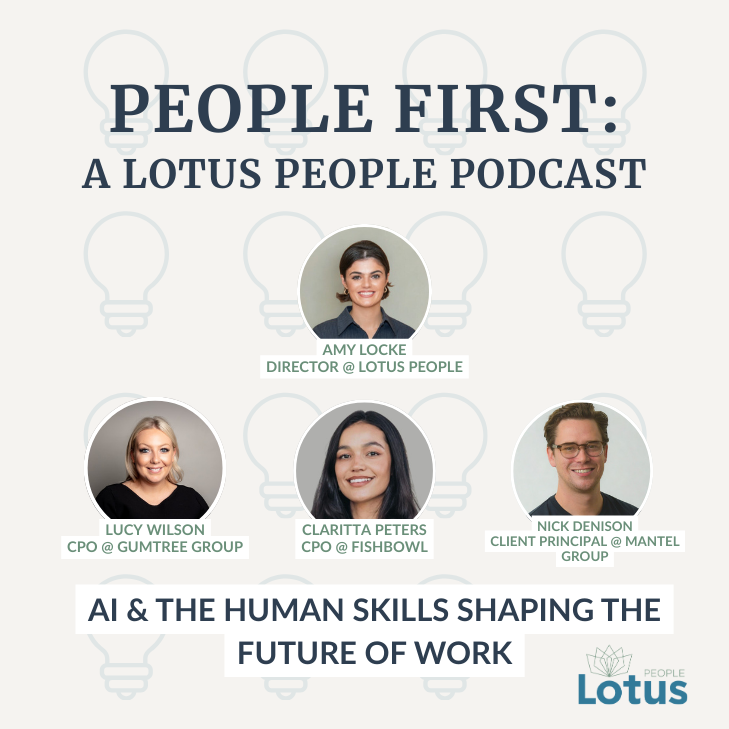Resilience is an important quality. Some people seem to possess it innately – trials and tribulations are “water off a ducks’ back.” Some people act out; they weep and wail and complain and it becomes evident that their resilience is low.
The older I get, the more I realise that resilience is at least partially a product of experience; we might start out with different levels of “innate” resilience, but our experiences over time can build and strengthen our resilience if we’re paying attention and learning as we go.
I recently turned 32. The past year has been a challenging one for me – a year ago I separated from my partner of nearly 9 years and moved to a new flat for the 8th time in 10 years. I also joined a busy start-up recruitment agency.
Recruitment is characterised by tight deadlines, high pressure, relentless competition, constant negotiation and frequent let-downs. In my opinion, resilience is the single most important quality to cultivate in order to succeed in this industry.
This year I discovered yoga, a practice that has helped me gain focus, peace and physical and emotional balance. One of the key principles of yoga is non-attachment, or, aparigraha. In the Bhagavad Gita, Krishna said;
“Let your concern be with action alone, and never with the fruits of action. Do not let the results of action be your motive, and do not be attached to inaction.”
What this means to me, is letting go of the desire to control outcomes, but rather to focus on the only thing I can control, my own actions. When something doesn’t go to plan, rather than blaming myself or others, all I can do is ask, “Did I act with honesty and integrity? Did I try my best?” If the answers to these questions are “yes,” then I can move forward knowing that I acted according to my values and with good intentions. I can try to learn from what didn’t work and repeat what did.
In recruitment, specifically, this means showing up every day with the intention of taking consistent action. Making that extra call, finding one more promising CV, booking one more meeting, and having confidence that the sum of these actions will yield results, even if the inevitable setbacks sometimes get in the way. Resilience is not about knowing all the answers or never feeling confused or stressed – it’s about taking action and moving forward. A target might be a single value that you’re striving for, but it’s reached one step at a time.
You may also like...





